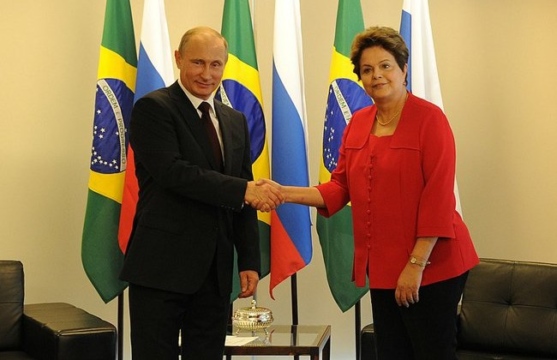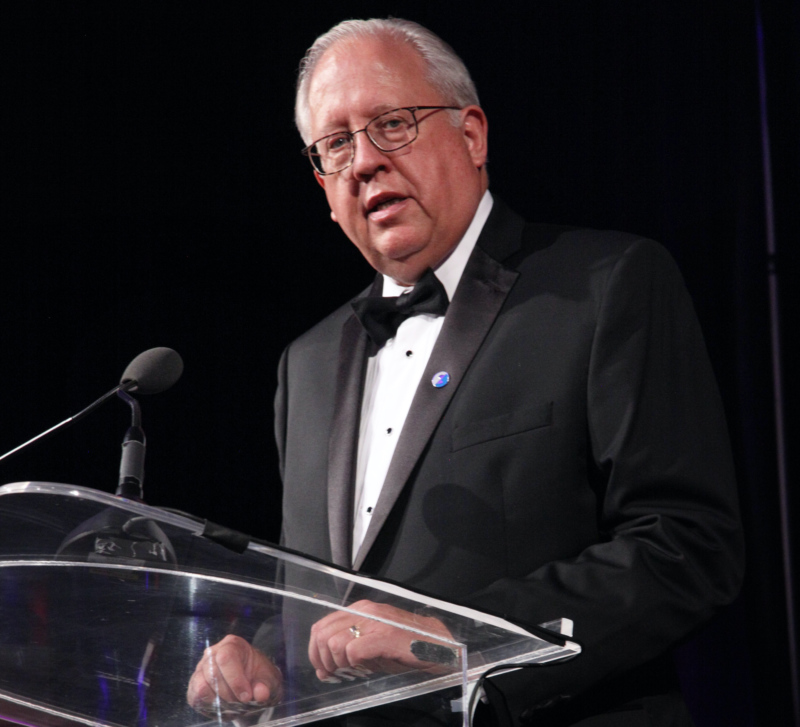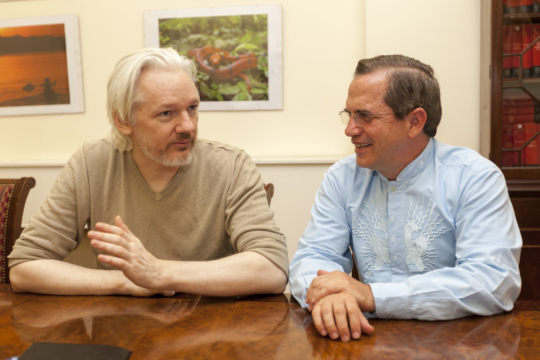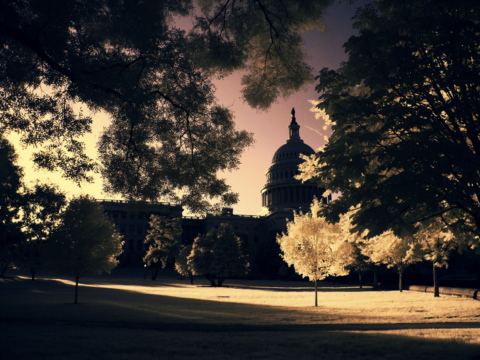
Putin is Still ¡Muy Popular!
Vladimir Putin’s six-day Latin American tour this past week reveals that the Russian president will not be quiescent.
Ambassador Thomas Shannon, co-chair of the board of directors of the Inter-American Dialogue, was interviewed on by StudioTulsa about his recent talk at the Tulsa Committee on Foreign Relations titled "Diplomacy in a Contested World: How to Keep the Peace and Advance American Prosperity in the 21st Century." The discussion spanned topics from the Russian invasion of Ukraine to US foreign policy to the Covid-19 pandemic.
Question (Q): Putin’s continuing concern about Ukraine is such that he's decided that now is the moment to try to play his cards and see what he can get from the United States and our partners and if you are analyzing this neutrally, what is led him to believe that now's the time to play these cards?
Answer (A): I'm not sure what it is. I think Russia is looking for a way, first of all, not to be marginalized globally, to be seen as a central player in determining what the world is going to look like. The argument is often that this is the century of the United States and China, and that the US and China will define the century. I think, Mr. Putin wants to make sure that's not the case. So this has been brewing for some time. But quite frankly, I think that you've seen the United States as a country currently, in a degree of political turmoil and turbulence that doesn't have a clear direction yet in terms of its political leadership and what its foreign policy could be, going deeper into the 21st century. And in the aftermath of Afghanistan, I think he believes that the United States might have lost the stomach for a larger struggle against a determined enemy. And so I think he's decided that now is the time to test it.
Q: Do you think that also applies to other Western democracies, the same tensions that are at play in the United States, the same divisions that are in play in the United States seem evident in many of the Western European democracies as well?
A: This is true and this is a product of the growth and expansion of democracy and the challenges that democracy faces in the 21st century dealing with vastly different kinds of societies and ecological landscapes. But that said, where I think Mr. Putin has overshot is that in the process of trying to see what he can do, what he's done is underscored. First of all, the purpose of NATO is to protect Western Europe, from Russia, but also I think he has helped create a new sense of unity, common purpose, we'll see if the political leadership of the United States and our NATO allies can maintain that over time, but I think that Mr. Putin might have ironically strengthened opposition to in Western Europe.
Q: If he [Putin] does say move into Donbas or full invasion will just be a quick incursion, like Georgia, or will it be Let's remove the government that I see as a threat and install a government that's more amenable to my interest and get out or will he be likely to have to stay?
A: And like so many issues like this, all plans oftentimes collapse once the fighting starts. I think he has been careful in this regard. Because he wants to make sure he's not biting off more than he can chew at this point in time. I think that in a perfect world. He really would prefer not to have to govern a country like Ukraine, and he would prefer not to do the kind of military strike it would be necessary to really collapse of that country because then he would own it economically also. But at the same time, his military knows that. If they're going to be successful, they have we have to bring a level of force that's going to be dramatic. And so how you balance that is gonna be the real question.
[...]
Vladimir Putin’s six-day Latin American tour this past week reveals that the Russian president will not be quiescent.
Ecuador has now confirmed that it cut off internet access at their London Embassy for Julian Assange, the leader of the group WikiLeaks, who has been staying at the embassy since 2012. NPR’s Kelly McEvers talks to Michael Shifter, president of the Inter-American Dialogue, about what Ecuador’s calculus might be.
Una semana después de la sorpresiva victoria electoral de Donald Trump, en la capital norteamericana se respira un ambiente de “incertidumbre”, mientras en diversas ciudades se han llevado a cabo inéditas protestas contra el presidente electo.
 Inter-American Dialogue
Inter-American Dialogue

